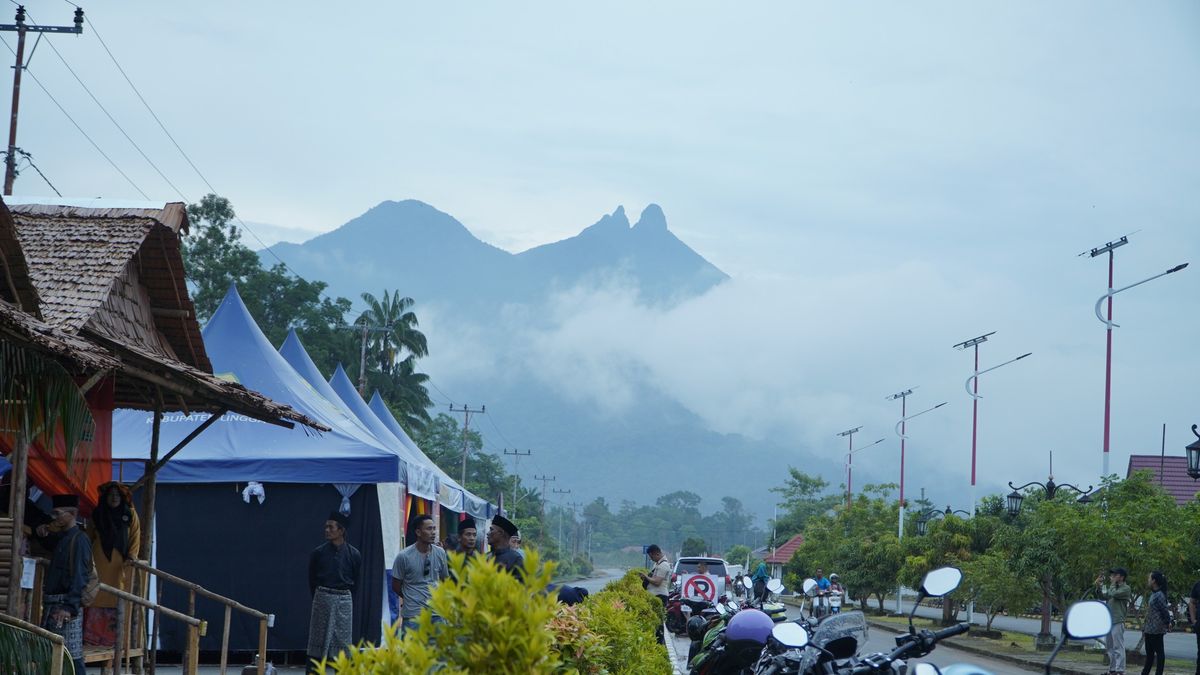Putin's Economic Shift: Prioritizing War Over All Else

Table of Contents
The Militarization of the Russian Economy
Putin's economic shift is fundamentally a militarization of the Russian economy. Resources previously allocated to consumer goods, infrastructure development, and technological advancement are now being redirected to the military-industrial complex. This dramatic reallocation has profound and long-lasting consequences.
- Increased defense spending as a percentage of GDP: While precise figures remain difficult to obtain due to opacity in Russian government reporting, independent analyses suggest a massive surge in defense spending, consuming a significantly larger portion of the national budget. This leaves less for crucial sectors like healthcare and education.
- Prioritization of military contracts over civilian projects: Numerous reports indicate that contracts for military equipment and supplies are prioritized over civilian projects. This has led to delays and cancellations in non-military infrastructure projects, hindering long-term economic growth.
- Nationalization or state control of key industries supporting the war effort: The Russian government has increasingly exerted control over key industries vital to the war effort, such as steel production, electronics manufacturing, and energy resources. This centralized control often comes at the expense of efficiency and innovation.
- Examples of specific industries affected: The steel industry, critical for producing tanks and other military hardware, has been significantly affected, as has the electronics sector, crucial for supplying components for weapons systems. The energy sector, while ostensibly a source of revenue, has faced disruptions due to sanctions and the shift in focus towards military needs. This demonstrates the interconnectedness of Russian military spending and the broader economy.
The Impact of Sanctions and International Isolation
Western sanctions imposed in response to the invasion of Ukraine have dealt a severe blow to the Russian economy. These sanctions, targeting key sectors and individuals, have significantly limited Russia's access to international financial markets and technologies. This economic isolation has forced Russia to seek alternative trade partners, primarily China.
- Specific sanctions imposed and their effects on key sectors: Sanctions have crippled access to advanced technologies, impacting industries from aerospace to microelectronics. Financial sanctions have limited Russia's ability to access international capital markets.
- The decline in foreign investment: Foreign investment has plummeted, severely hampering economic growth and modernization efforts. This lack of foreign capital further exacerbates the already strained economic situation.
- The rise of import substitution: Faced with limited access to imported goods, Russia is attempting to boost domestic production through import substitution. However, this strategy faces significant challenges due to technological limitations and a lack of skilled labor.
- The impact on the ruble's value: The ruble has experienced significant volatility, although it has partially recovered due to government controls. However, this volatility reflects underlying economic fragility and vulnerability to external shocks. The ruble devaluation further complicates trade and investment. The increased Russia-China trade is a testament to this shift in global economic relationships.
The Social and Human Cost of Putin's Economic Shift
The economic consequences of Putin's economic shift are deeply felt by the Russian population. Rising inflation, unemployment, and decreased living standards are all contributing to a growing social crisis.
- Rising inflation rates and cost of living increases: Inflation has soared, eroding purchasing power and increasing the cost of essential goods and services. This is particularly hard on low-income families.
- Changes in employment rates in various sectors: Employment rates have fluctuated across different sectors. While some sectors related to military production might have seen an increase, others, particularly those reliant on foreign investment, have suffered job losses.
- Impact on social welfare programs: Reduced government revenue due to the economic downturn has negatively impacted social welfare programs, further exacerbating the hardship faced by many Russians.
- Brain drain and emigration of skilled workers: Many highly skilled workers have left Russia, seeking better opportunities and greater economic stability elsewhere. This brain drain represents a significant long-term loss for the Russian economy. The human cost of war extends beyond the battlefield to the everyday lives of Russian citizens.
Long-Term Economic Consequences and Sustainability
The long-term sustainability of Russia's war-focused economy is highly questionable. The current economic model is heavily reliant on volatile commodity prices and faces significant challenges in diversifying its economy.
- Potential for long-term economic stagnation or decline: Without significant reforms and a shift away from the current military-centric approach, Russia faces the prospect of long-term economic stagnation or even decline.
- Dependence on volatile commodity prices: The Russian economy remains heavily dependent on the export of raw materials, making it vulnerable to fluctuations in global commodity prices.
- Challenges to diversifying the economy: Diversifying the economy and reducing reliance on raw materials presents a significant challenge, requiring substantial investment in technology, education, and infrastructure.
- The potential for social unrest: The ongoing economic hardship and the lack of economic opportunities could fuel social unrest and instability in the years to come. The Russia economic future is uncertain, dependent on the resolution of the conflict and the government's willingness to implement meaningful economic reforms.
Conclusion: Understanding Putin's Economic Shift
Putin's economic shift represents a profound and potentially catastrophic reallocation of resources, prioritizing military goals over long-term economic sustainability. The consequences are severe, with widespread social and human costs, including rising inflation, unemployment, and a decline in living standards. The long-term economic sustainability Russia faces is precarious, reliant on unpredictable factors and burdened by a lack of economic diversification. The uncertainty of Russia's Russia economic future necessitates further study and understanding. To grasp the full implications of this shift, further research into the sanctions' effects, Russia's evolving relationship with China, and the potential for long-term economic recovery is crucial. Continue learning about the complexities of Putin's economic shift and its global implications to stay informed about this critical geopolitical and economic development.

Featured Posts
-
 Info Cuaca Jawa Tengah Perkiraan Cuaca 24 April 2024 Dan Antisipasi Hujan
May 29, 2025
Info Cuaca Jawa Tengah Perkiraan Cuaca 24 April 2024 Dan Antisipasi Hujan
May 29, 2025 -
 Top Canadian Musical Artists Of The 21st Century
May 29, 2025
Top Canadian Musical Artists Of The 21st Century
May 29, 2025 -
 Jason Isaacs On His Post Harry Potter Legacy A Tv Series Gamble
May 29, 2025
Jason Isaacs On His Post Harry Potter Legacy A Tv Series Gamble
May 29, 2025 -
 Cuaca Bali Besok Peringatan Hujan Di Denpasar
May 29, 2025
Cuaca Bali Besok Peringatan Hujan Di Denpasar
May 29, 2025 -
 Ubisoft Addresses Harassment Concerns In Assassins Creed Valhalla
May 29, 2025
Ubisoft Addresses Harassment Concerns In Assassins Creed Valhalla
May 29, 2025
